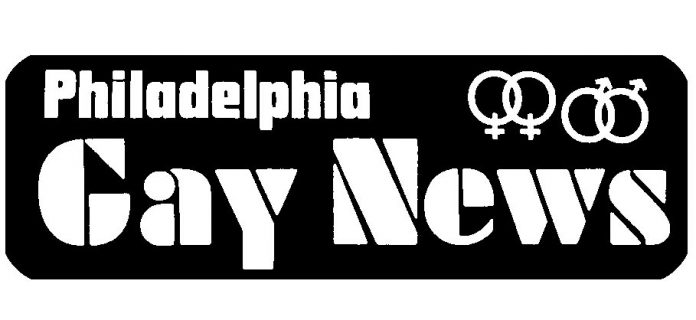Gay grassroots in Pennsylvania
Adapted from reporting by Janet Cooper
Gay people from smaller communities like State College, Lancaster and Bethlehem began organizing a grassroots caucus.
Organizers hosted regional meetings to keep people across the state informed of each other’s work and provide support for common concerns. The goal was also to help people come out and feel safe, while remaining in their home communities, instead of feeling forced to move to a big city.
“They perceive it as their birthright to live in the communities of their choice,” Cooper wrote.
Antigay legislators keep trying
Adapted from reporting by Jim Austin
Conservative Pennsylvania legislators sought a way to prohibit gay women and men from being employed by the state as troopers, prison guards, counselors, probation officers or aides in mental hospitals.
The antigay bill, SB743, passed the state Senate 43-3 in November 1975. It called for an automatic dismissal, $300 fine and 90-day imprisonment for any state official who knowingly hired a gay person to fill a forbidden position.
Also excluded from employment was any individual convicted of a sex crime.
Unlike previous antigay state legislation, SB743 specifically defined homosexuals, instead of applying broadly to anyone convicted of practicing “deviate sexual intercourse,” which was taken to mean anything outside “missionary sex.”
New Eromin administrator appointed
Adapted from reporting by Karen Martin
Sue Vasbinder took the reigns of the Eromin Center, a counseling and psychotherapy center for sexual minorities, in November 1975. She succeeded Joan DeForeest, who served as interim administrator since April.
DeForeest remained at Eromin as director of community services. Vasbinder graduated from Ohio State University, where she served as co-coordinator of Gay Activists Alliance and participated in Gay Women Sapphoncified and Radicalesbians.
Vasbinder’s duties at Eromin included fundraising and working with the board and staff.
Eromin, derived from “erotic minorities,” became a 501c3 in 1973 as an outgrowth of the Gay Switchboard, a telephone counseling service. It operated in full force until 1983 and had some activity in 1984.
— compiled by Paige Cooperstein

